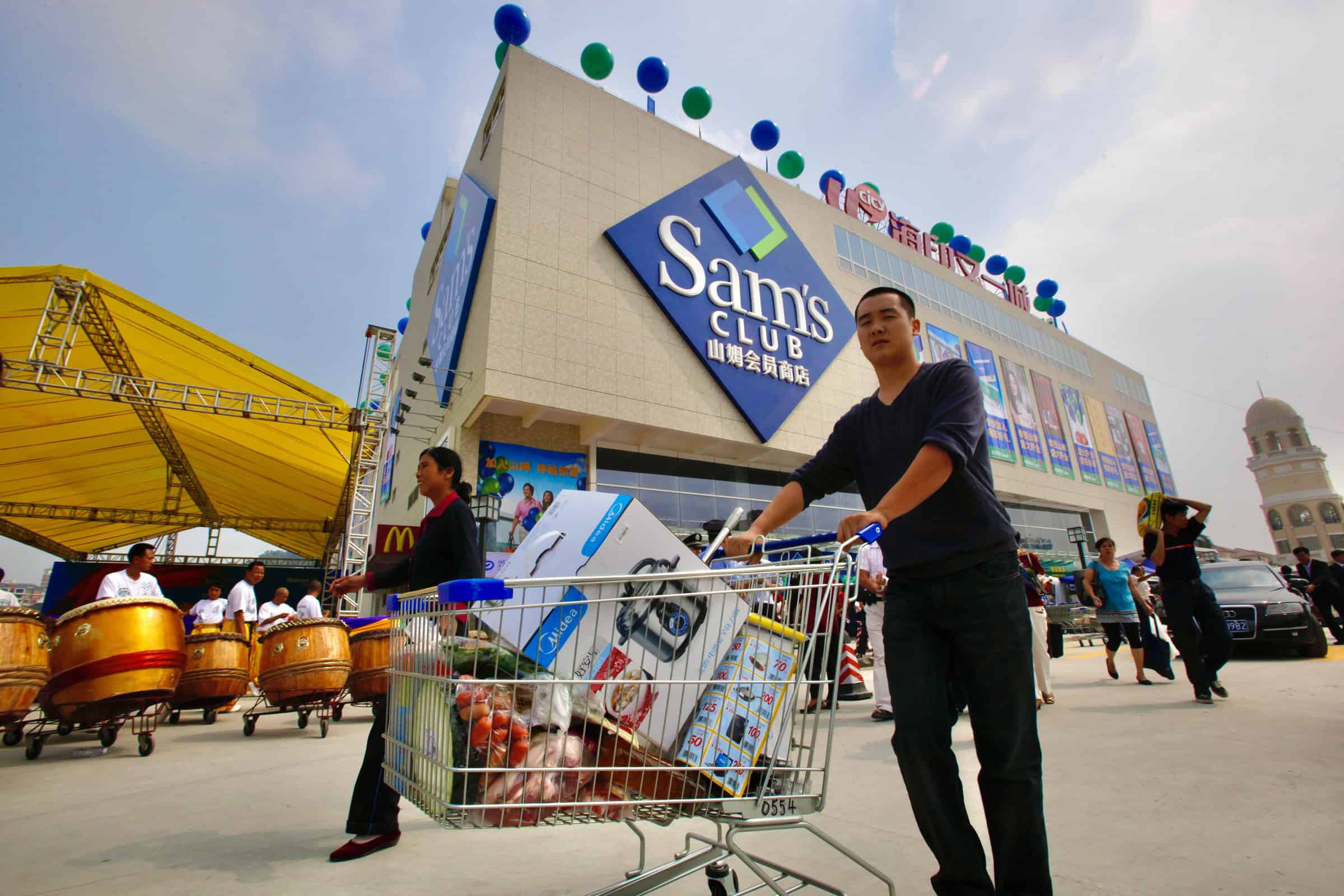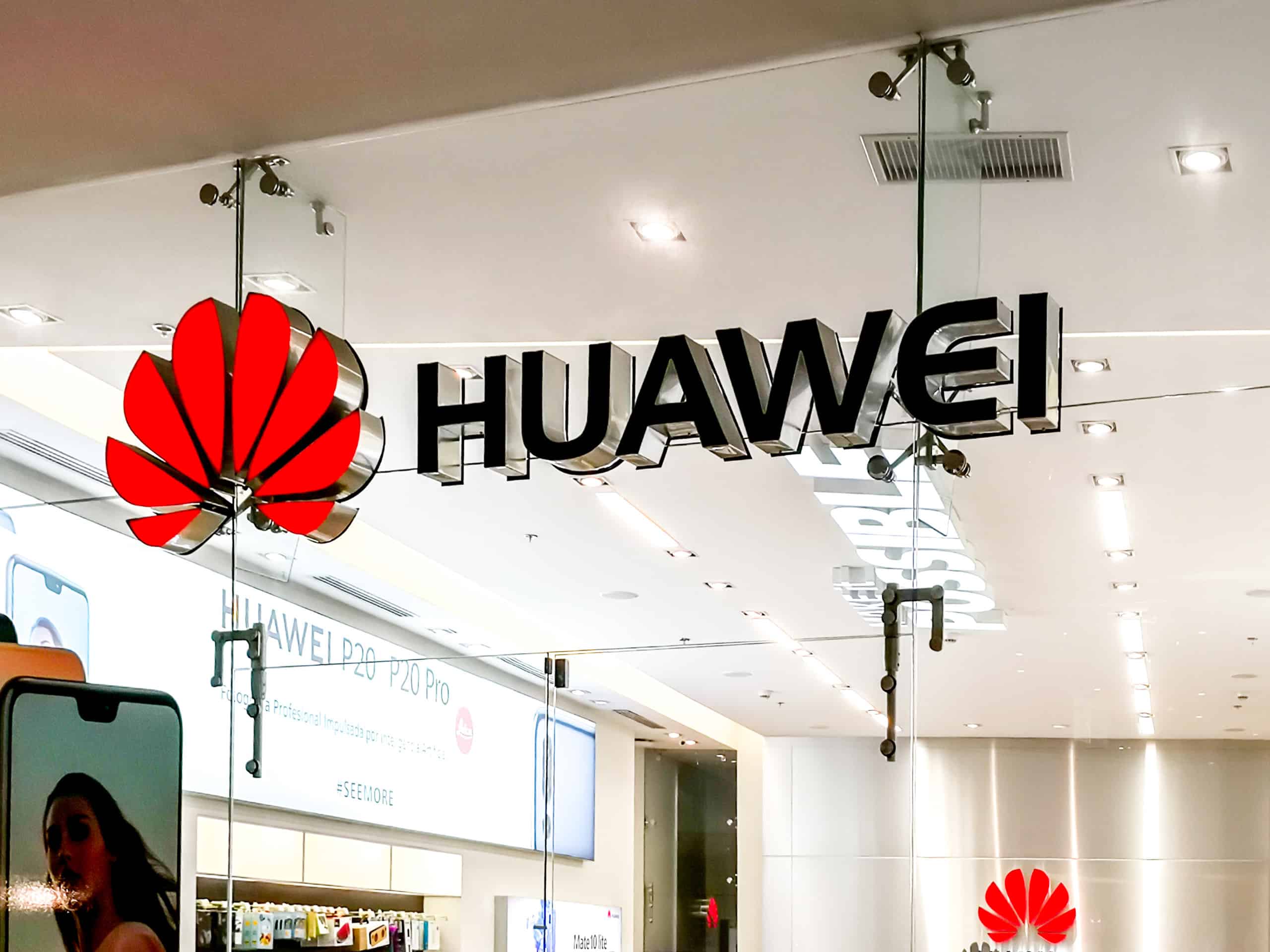Good evening. China is not part of the G7, but it will certainly loom large over the group’s upcoming summit in Japan. Our cover story this week examines the G7’s unique focus on ‘economic security,’ why Japan is a pioneer in the concept and what Tokyo can teach its Western allies about doing business with China. Elsewhere, we have infographics on New Oriental’s new direction; an interview with Tania Branigan on remembering the Cultural Revolution; a reported piece on how Beijing’s latest crackdown deepens the confusion felt by foreign businesses; and an op-ed from Duncan Bartlett on why China should watch South Korea. If you’re not already a paid subscriber to The Wire, please sign up here.
Want this emailed directly to your inbox? Sign up to receive our free newsletter.
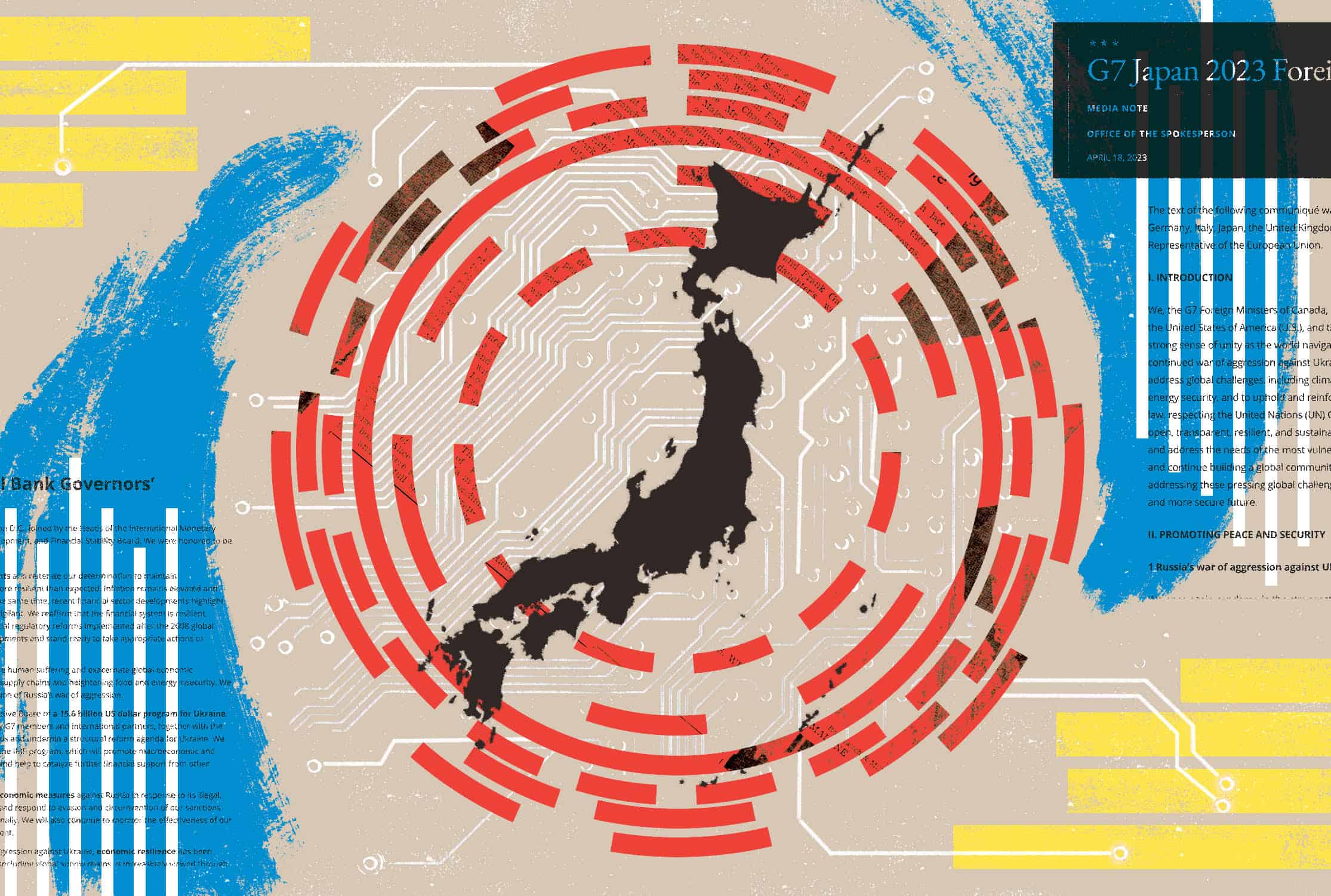
The Japan Model
Japan is two decades ahead of its American and European allies when it comes to ‘de-risking’ from China. Now, with the ‘economic security pioneer’ hosting the upcoming G7, many say the West can learn from Tokyo’s prioritization and institutionalization of the issue. Luke Patey reports on the Japan model as part of his new series, “Remaking the Chain.”
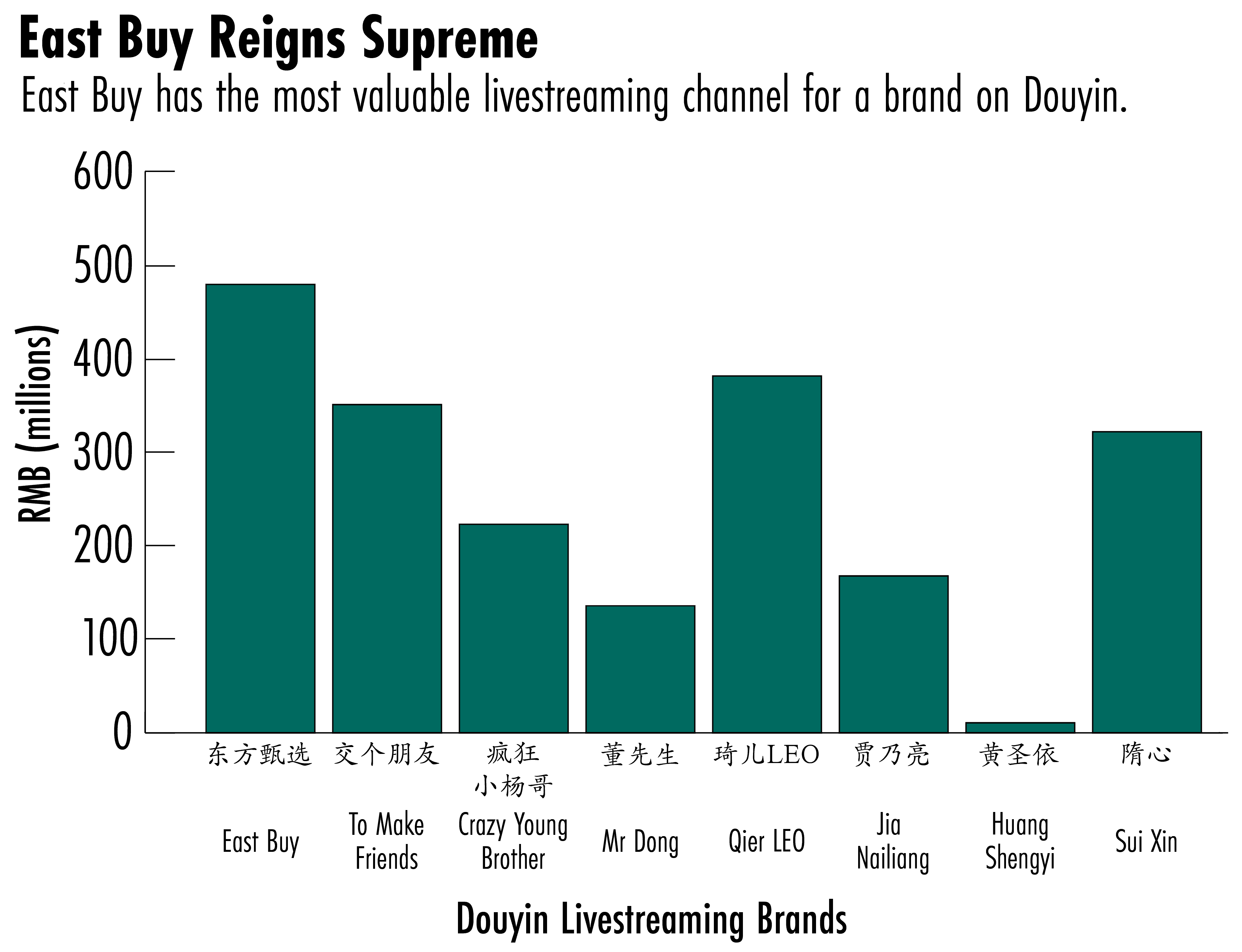
The Big Picture: New Oriental’s New Direction
New Oriental, the onetime online education giant, has reinvented itself as an e-commerce site — and has become profitable again as it grows its e-commerce business, called East Buy. This week’s infographics by Grady McGregor look at the niche New Oriental has carved out in China’s e-commerce industry, founder Yu Minhong’s role as salesman-in-chief, and where the firm goes from here.
A Q&A with Tania Branigan
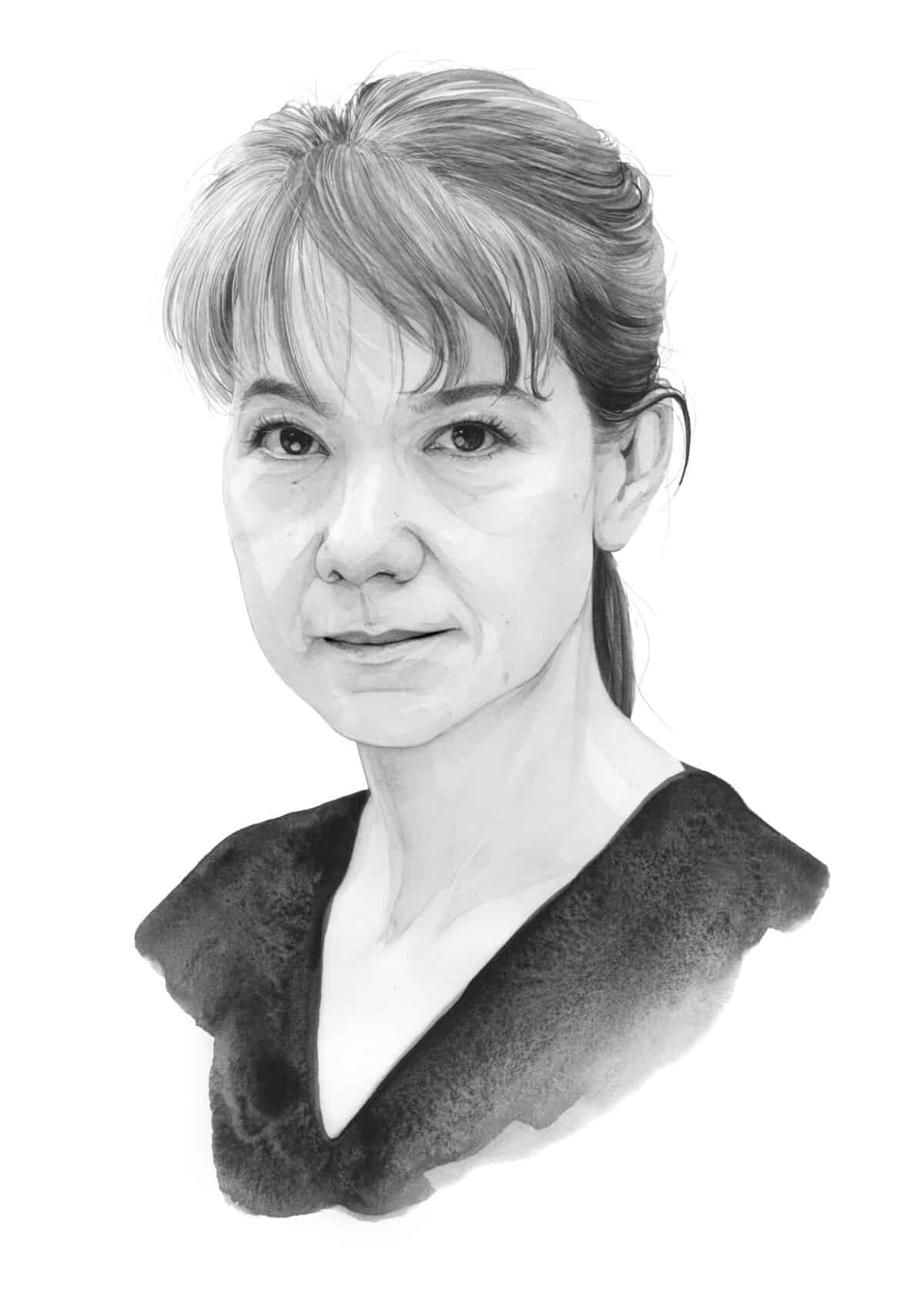
Tania Branigan was the China correspondent for the British newspaper The Guardian from 2008 to 2015, and she continues to work for the paper as its foreign editorial writer. Her new book, Red Memory: The Afterlives of China’s Cultural Revolution, is a deeply reported look at the legacy of the Cultural Revolution on Chinese society and politics today. In this week’s Q&A with Andrew Peaple, she talks about how the tragedies of the 1960s and 70s are discussed inside China today; the Communist Party’s approach to this period of its history; and why some people are nostalgic for those years.
Tania Branigan
Illustration by Kate Copeland
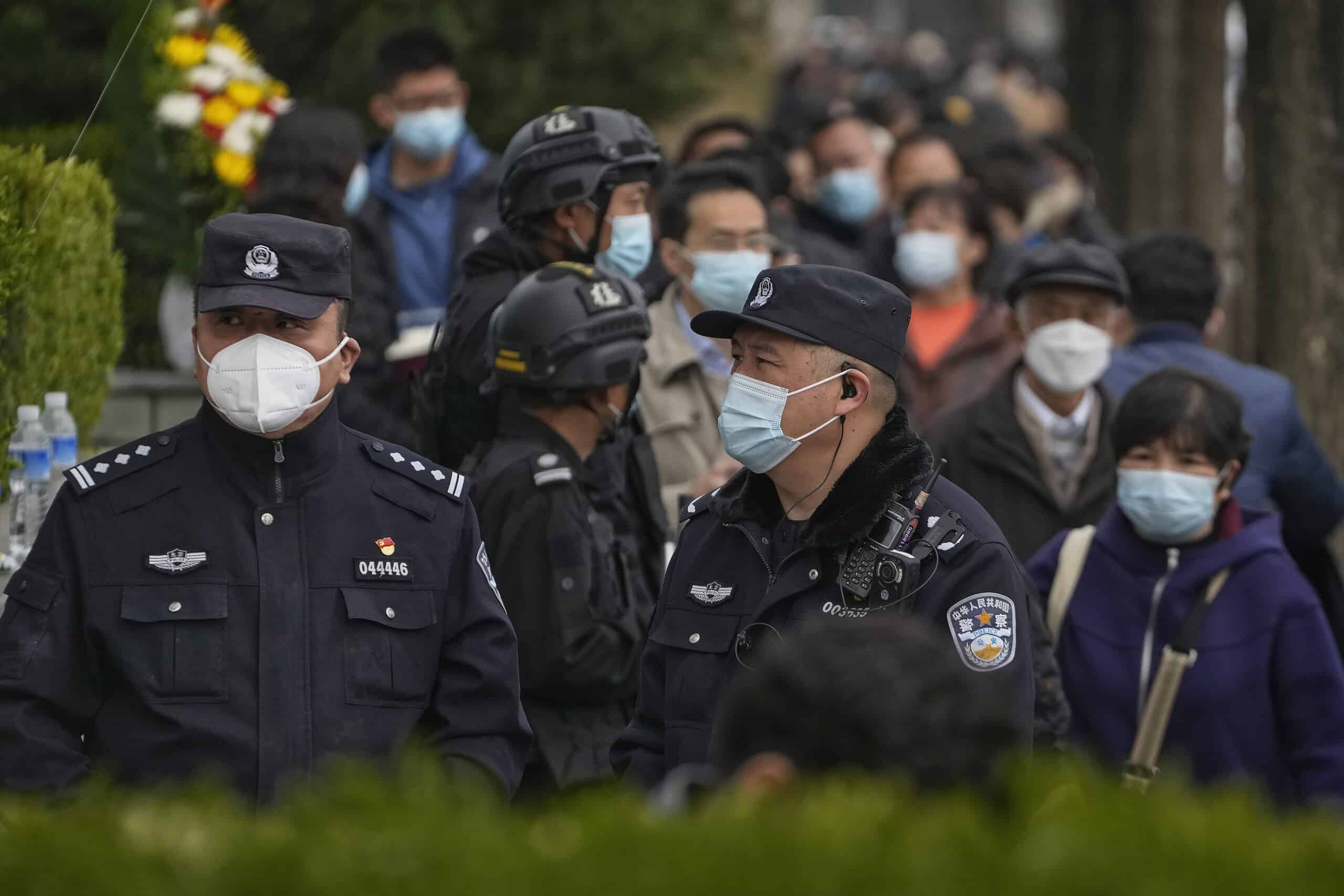
Beijing’s Latest Crackdown Deepens Foreign Business’s Confusion
The moves against consultancies and due diligence firms will make it harder for multinationals to operate in China, even as local governments are desperate to entice them in. Eliot Chen reports.
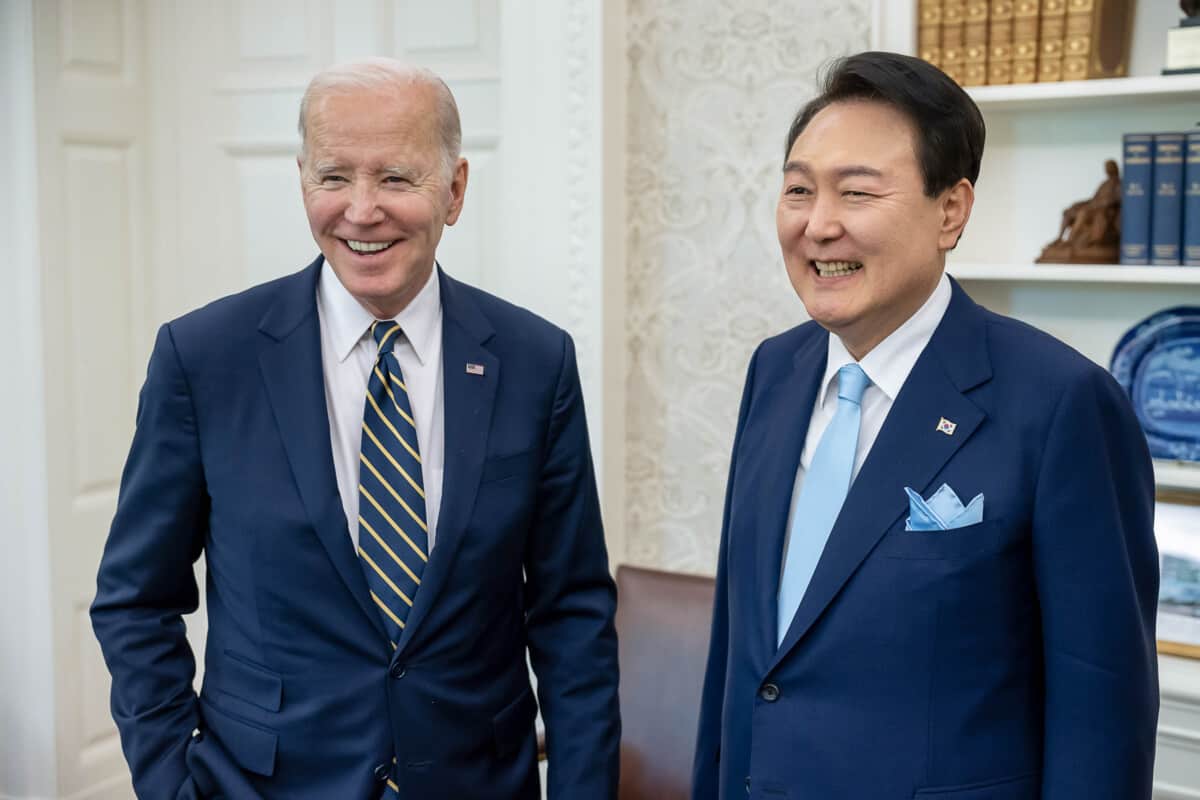
Why China Should Watch South Korea
In this week’s op-ed, Duncan Bartlett argues that observers who want to understand what this G7 summit means for China should focus their attention on the performance of a high profile guest: Yoon Suk-Yeol, the president of South Korea. Yoon, he says, aims to elevate South Korea’s status by reinforcing relations with Japan, the U.S. and the G7.
Subscribe today for unlimited access, starting at only $19 a month.

